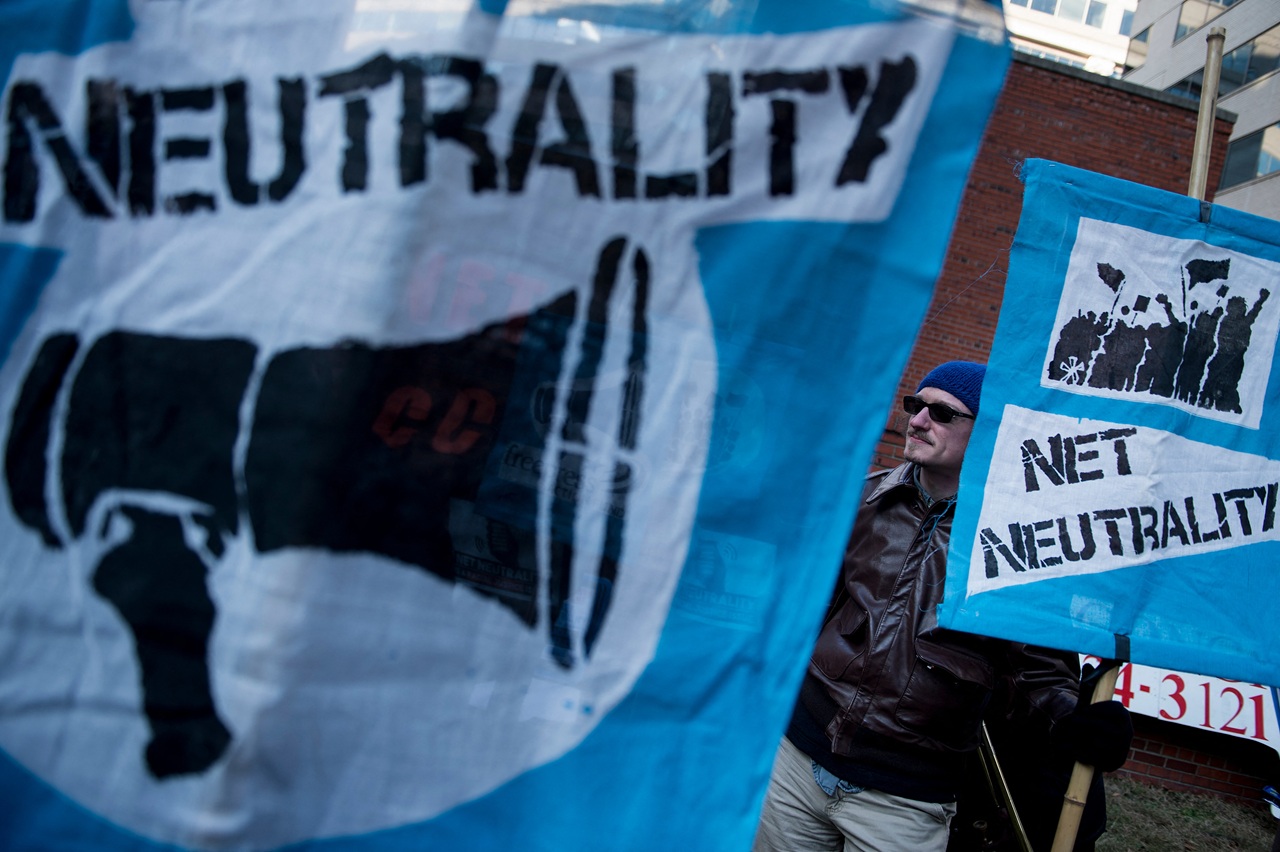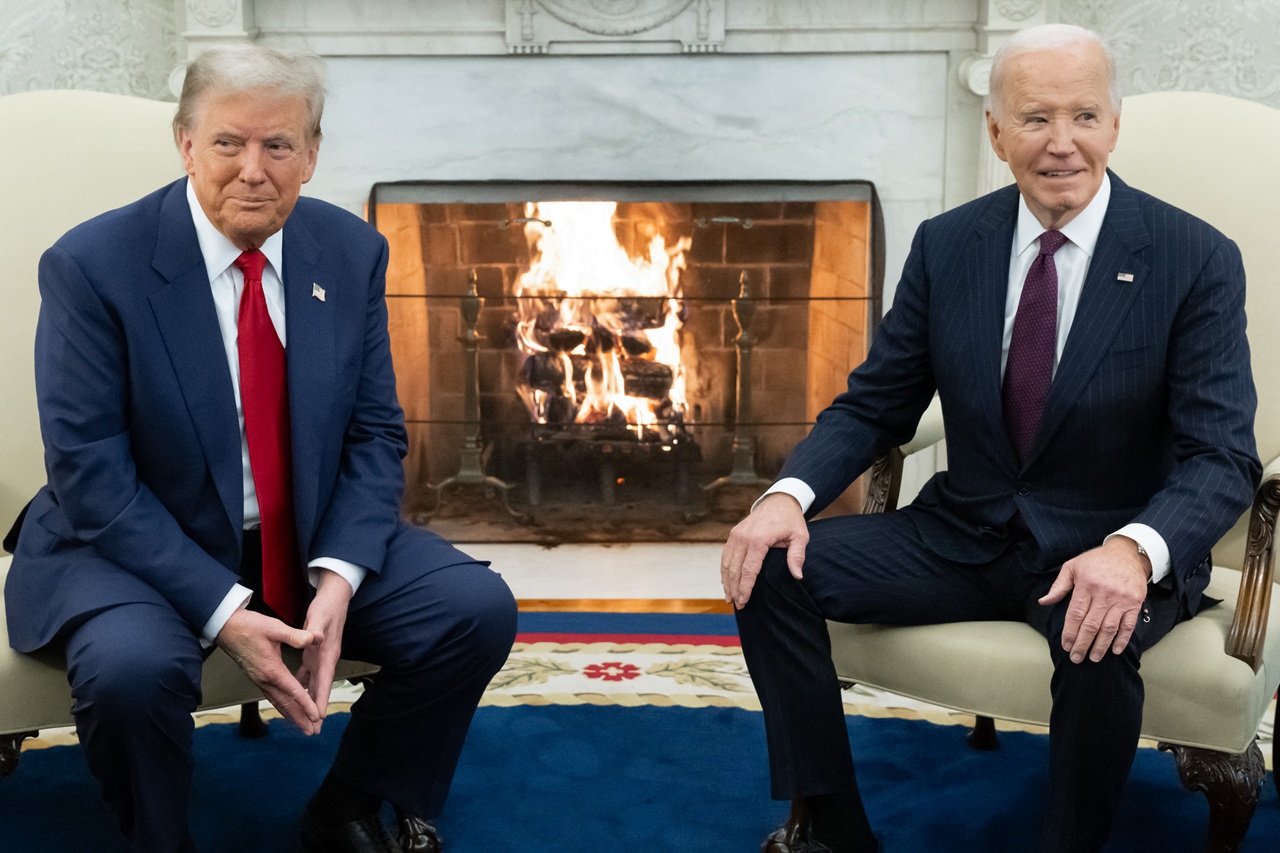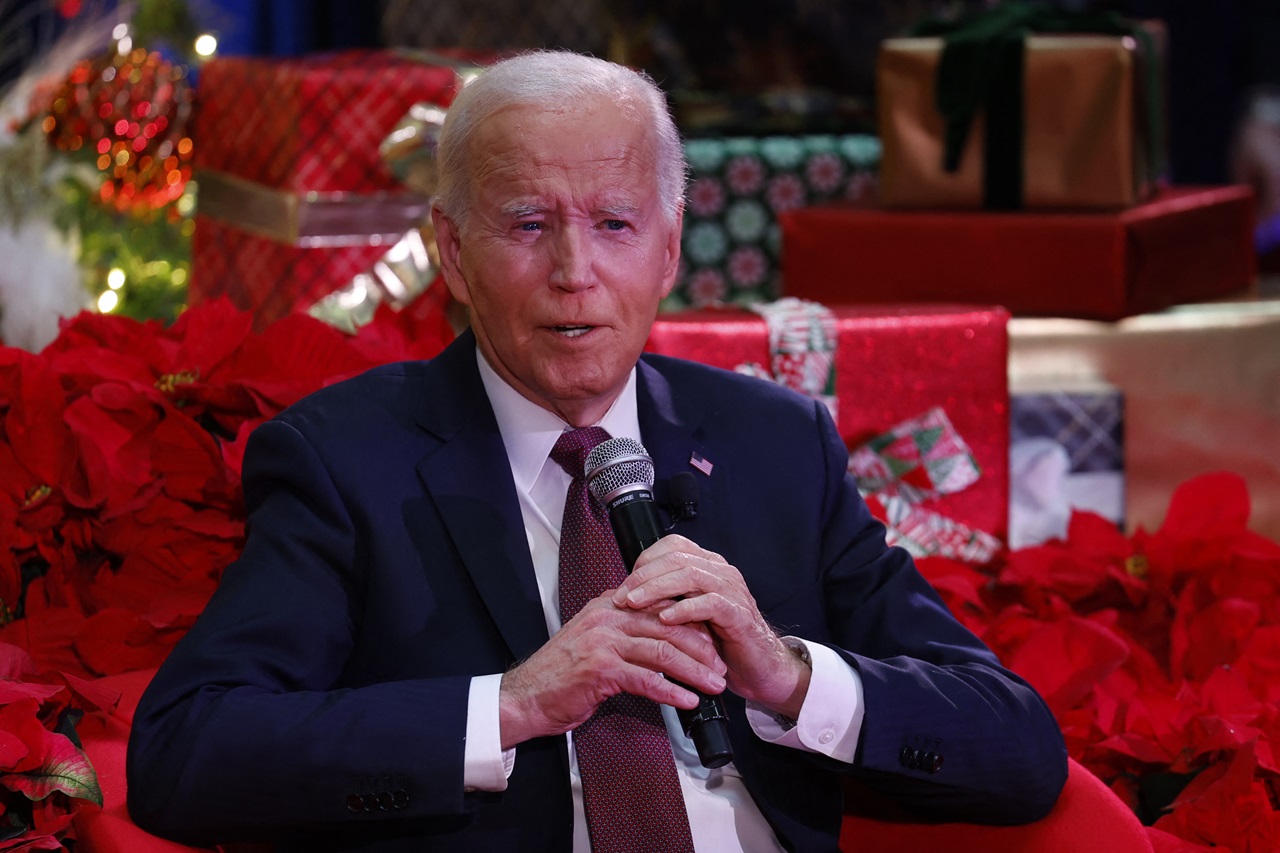
Trump's travel ban goes into partial effect
Lawyers and activists fanned out to airports as President Trump’s travel ban went into effect. The State Department issued new guidelines on how to enforce the…
The executive order to ban refugees and nationals from six Muslim-majority countries from entering the United States was put into partial effect on Thursday.
The travel ban became effective at 8 pm in Washington, after a ruling on Monday in which the US Supreme Court said it would allow it to be partially executed.
US President Donald Trump's controversial ban prohibits the entry of all refugees for 120 days and imposes a 90-day ban on the entry of citizens from six Muslim-majority countries - Iran, Somalia, Sudan, Syria, Yemen and Libya - who did not apply for a valid visa before the order came into force.
However, the Supreme Court ruled that those with a "bona fide" relationship with a person or entity in the US are allowed to enter the country.
The court order was left to the interpretation of the US government, which eventually decided that those who wish to circumvent the ban must prove a relationship to a family member currently living in the US, including parents, spouses, children, sons-in-law, daughters-in-law or siblings.
Those excluded from the "bona fide" category are grandparents, grandchildren, uncles, nephews and cousins.
The new travel ban has been dubbed arbitrary by civil rights organizations, such as the American Civil Liberty Union (ACLU).
RELATED CONTENT
Lawyers and activists fanned out to airports as President Trump’s travel ban went into effect. The State Department issued new guidelines on how to enforce the “close family” test on visitors from six predominantly Muslim countries.
For those who plan to enter the US for business or educational purposes, the US State Department said they must have a "formal" and "documented" relationship with the education or business entity before the executive order came into force
The State Department has given consular officials the power to make exceptions and grant visas in exceptional circumstances, such as where applicants are children or for individuals who urgently need medical attention.
The US government will also not revoke the visas already granted to avoid the chaos that faced airports around the world during the first travel ban on Jan. 27, which was later suspended by the court.










LEAVE A COMMENT:
Join the discussion! Leave a comment.